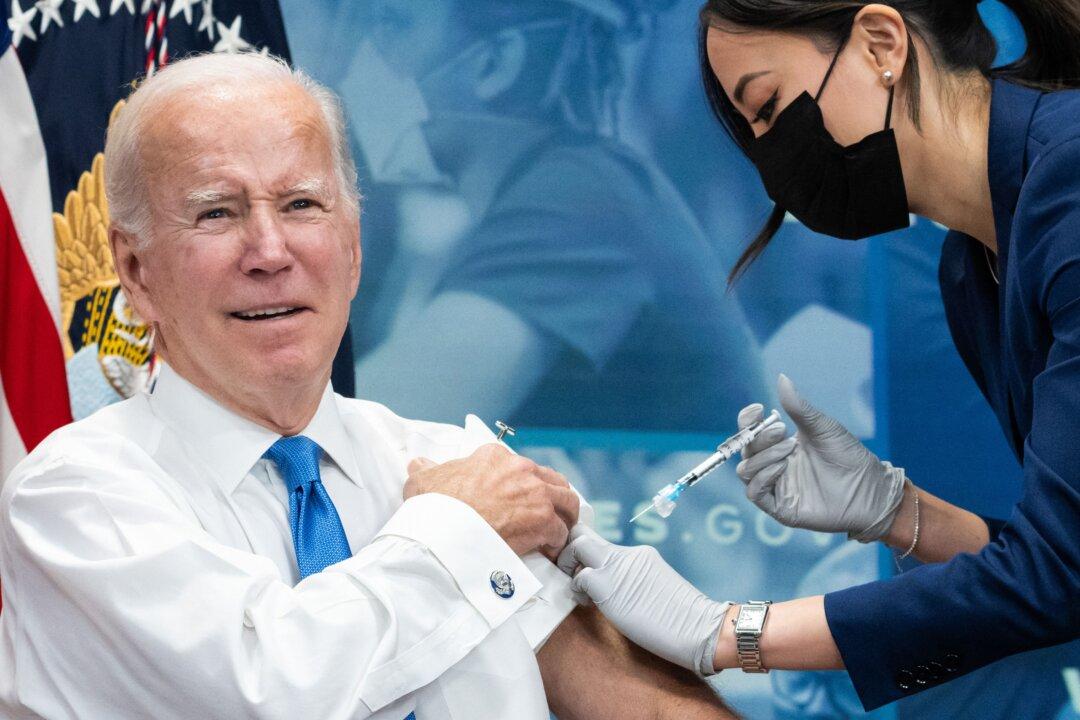The Biden administration has announced that it’s investing another $500 million for the development of “next generation” COVID-19 vaccines and drugs because the existing ones don’t protect well against current strains of the virus.
The batch of new money is being awarded under the administration’s Project NextGen, the U.S. Department of Health and Human Services (HHS) said in an Oct. 13 statement, which notes that the agency has already picked a number of initial “next generation” vaccine candidates and has awarded over $500 million to kick-start their development.





